I gave the annual Murray Bornstein Multiple Sclerosis Memorial Lecture at Dartmouth College on Friday.
Murray B. Bornstein (22 November 1917 - 31 August 1995) was the principal investigator on the original COP-1 trial that eventually led to the licensing of glatiramer acetate (Copaxone) as a treatment for MS. I never met Murray Bornstein, but it is worth noting that the original COP-1 paper was published in August 1987 three months before I graduated from medical school and long before I had decided to become a neurologist.
Travelling to the US allowed me to see New England in the fall; New Hampshire and Vermont were beautiful, and the hospitality of my hosts was exceptional. Professor Andrew Pachner, the Bornstein Professor of Neurology, and Selma Bornstein made my stay very special. Thank you.
It was both an honour and a privilege to be invited to give the lecture. Memorial lectures are usually the preserve of old farts at the end of their careers. Is this a hint? Preparing for the memorial lecture allowed me to reflect on the history of multiple sclerosis research and the direction of future MS research. My talk allowed me to share my dreams; hence, I chose the title “Preventing and Curing Multiple Sclerosis”. Both topics are dear to my heart. You are welcome to download my presentation from my slideshare folder.
Preventing MS
I briefly reviewed the epidemiology of EBV and MS, pointing out that EBV is almost certainly the cause of MS.
EBV is necessary but insufficient to develop MS.
The fact that people who don’t have EBV are protected from developing MS is one simple fact that underpins the primary EBV vaccination programme to prevent MS.
I also discussed my EBV driver hypothesis and made the case for testing EBV antiviral strategies in MS. Sadly, I didn’t have time to discuss the importance of infectious mononucleosis (IM) in the pathogenesis of MS and why we need to develop treatments for IM.
One hypothesis I am working on is that if we treat IM with effective antivirals and avoid the exuberant and dysfunctional immune response to EBV that occurs during IM, we may also be able to prevent MS. I haven’t discussed this IM hypothesis that widely, but it is why I am trying to shift my research focus away from MS to the virus itself. However, I am having trouble convincing funding agencies why a neurologist needs to get involved in infectious disease research. I need help.
I am also asking myself whether I have enough productive years ahead of me to start a new research programme. I am turning sixty next year.
Curing MS
I used my usual arguments of needing to define an MS cure to be able to look for one. I presented the arguments that alemtuzumab and AHSCT, both highly effective immune reconstitution therapies (IRTs), may already cure a proportion of people with MS. They are the only treatments that prevent early end-organ damage (brain volume loss). Do you agree?
I discussed the immunopathogenesis of MS, making the point that the CD40-CD40L is the critical costimulatory pathway in the pathogenesis of MS. I presented the data from the phase 2 frexalimab trial, highlighting that frexalimab may be able to reinduce immune tolerance in an antigen-agnostic way and hence switch off MS-related autoimmunity. This in itself may cure MS.
In the past, I have taken flak from several colleagues about using the ‘P’ and ‘C’ words. I have been told any talk about preventing and/or curing MS raises expectations unnecessarily and will ultimately lead to disappointment. Almost all innovations in science and medicine and social and political movements start off as somebody’s dream. Why shouldn’t I have a dream? A dream of a world free of MS.
Subscriptions and donations
MS-Selfie newsletters and access to the MS-Selfie microsite are free. In comparison, weekly off-topic Q&A sessions are restricted to paying subscribers. Subscriptions are being used to run and maintain the MS Selfie microsite, as I don’t have time to do it myself. You must be a paying subscriber to ask questions unrelated to the Newsletters or Podcasts. If you can’t afford to become a paying subscriber, please email me for a complimentary subscription (ms-selfie@giovannoni.net).
Important Links
General Disclaimer
Please note that the opinions expressed here are those of Professor Giovannoni and do not necessarily reflect the positions of Queen Mary University of London or Barts Health NHS Trust. The advice is intended as general and should not be interpreted as personal clinical advice. If you have problems, please tell your own healthcare professional, who will be able to help you.




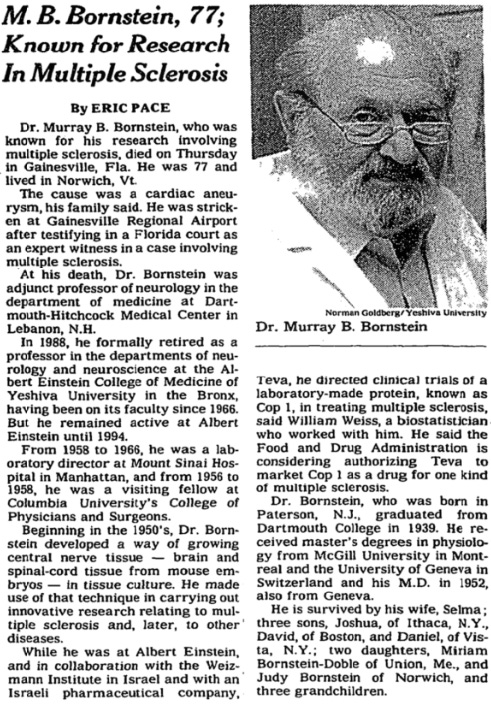
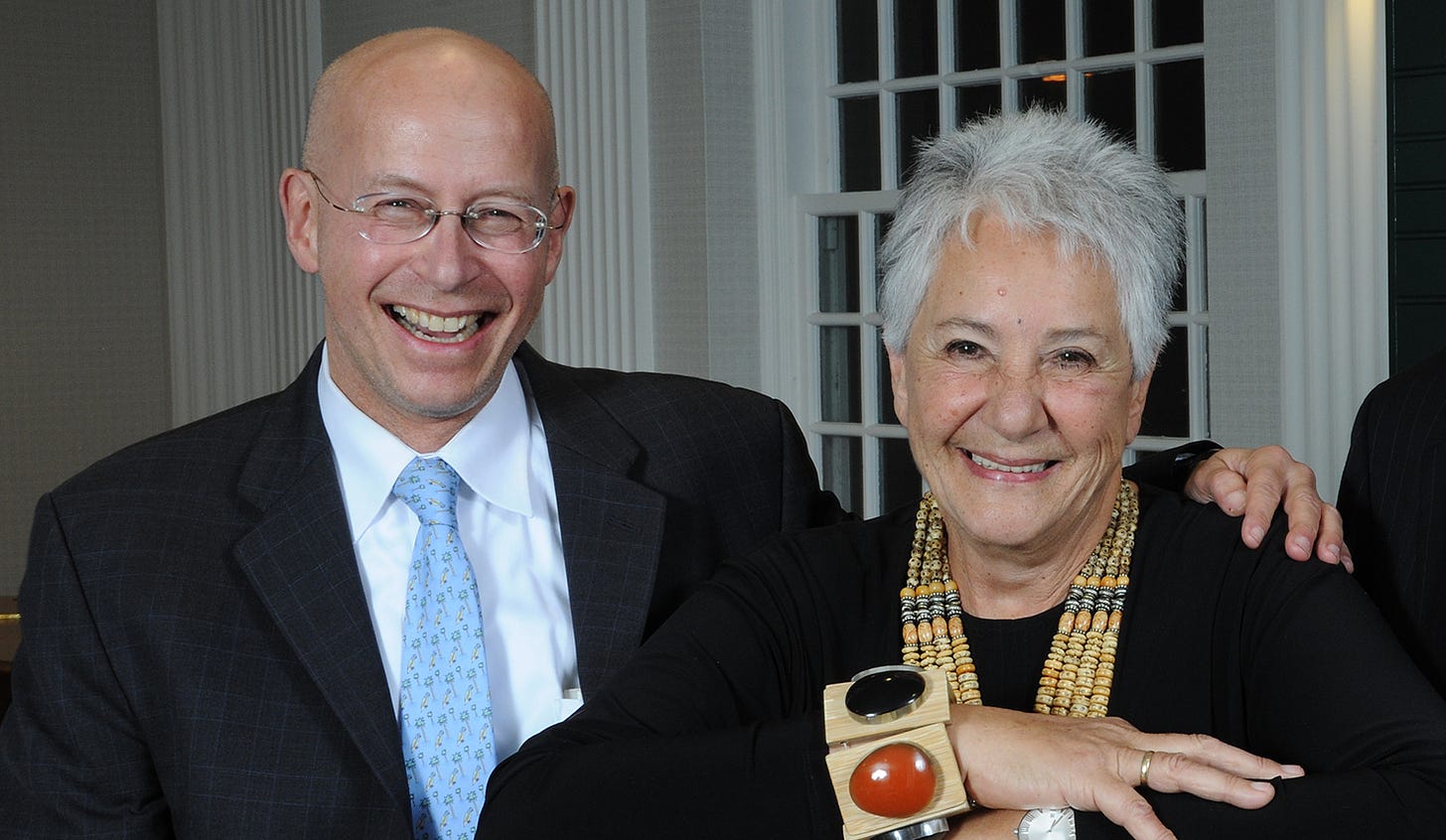
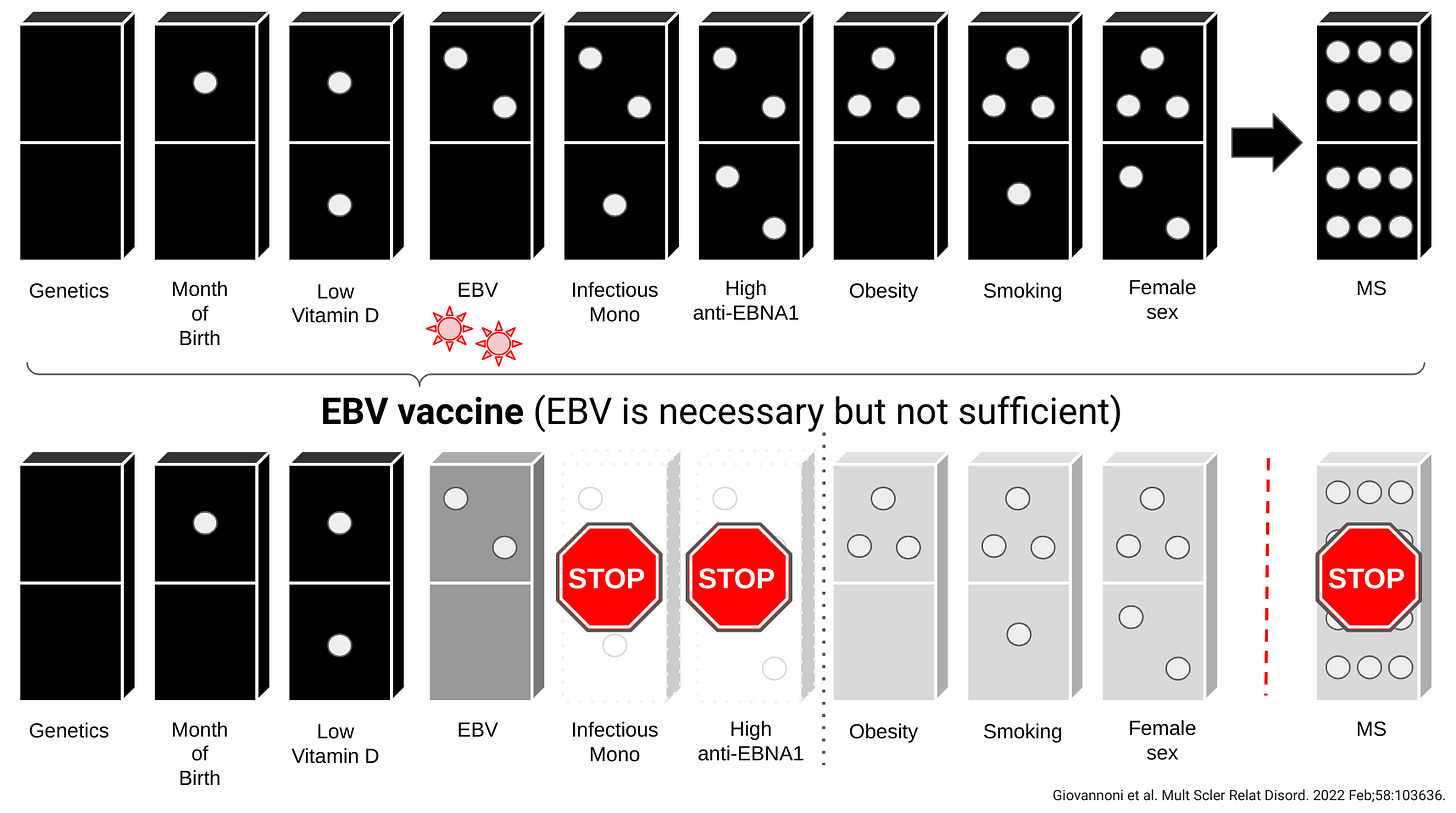




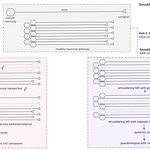
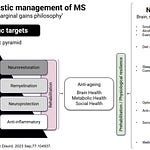






Share this post